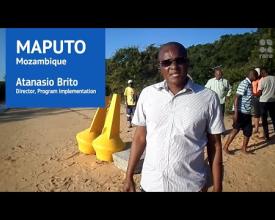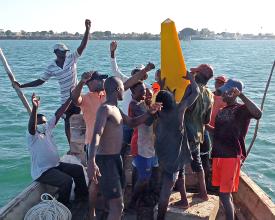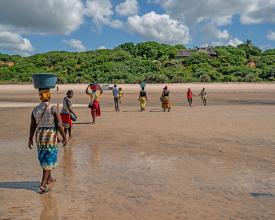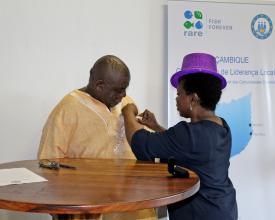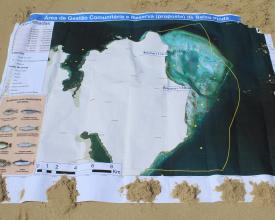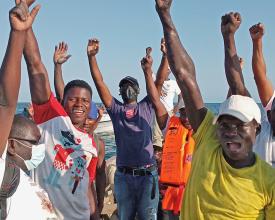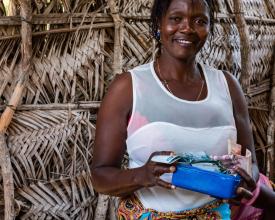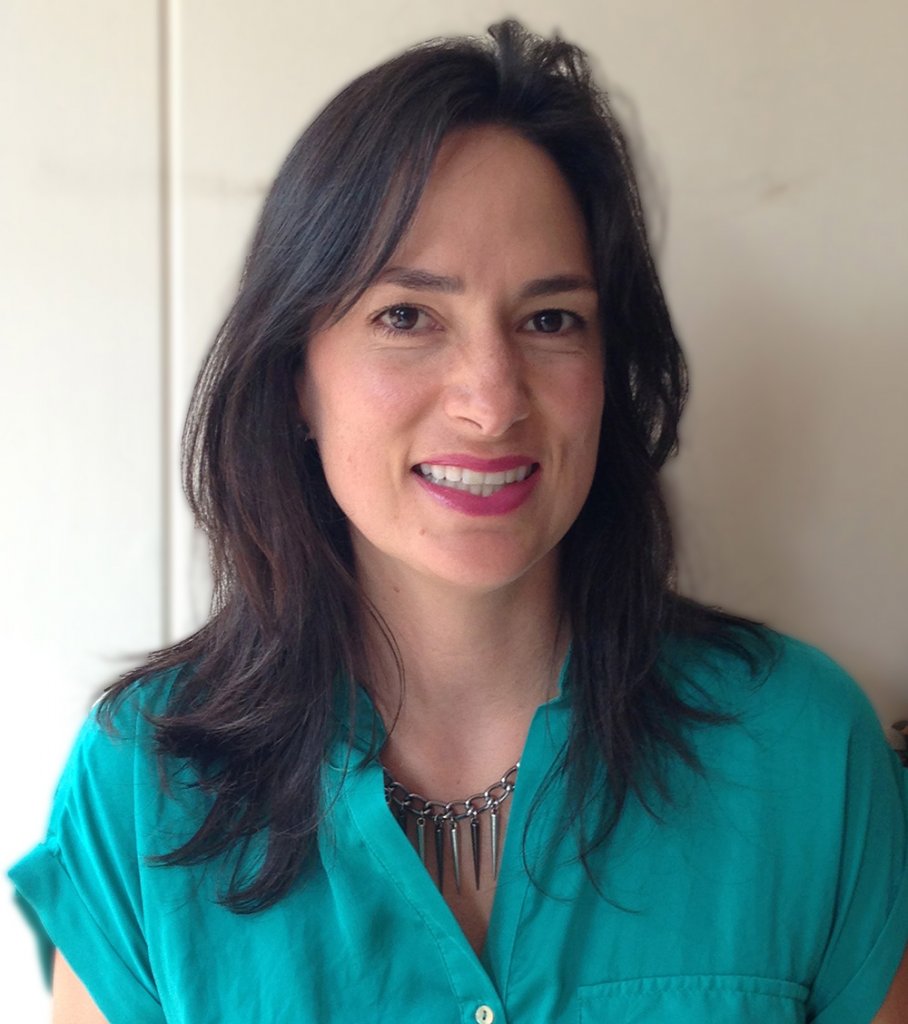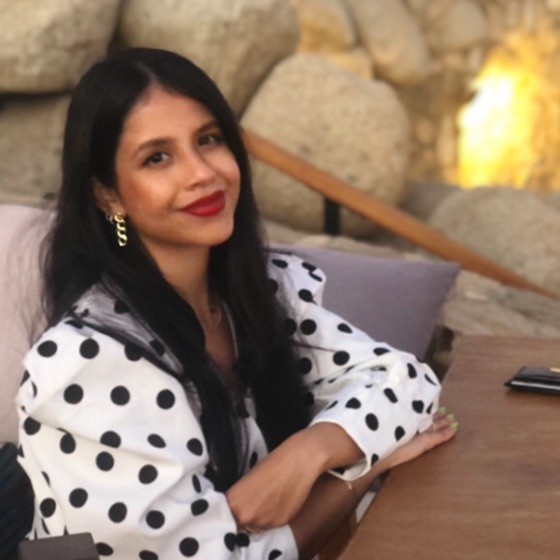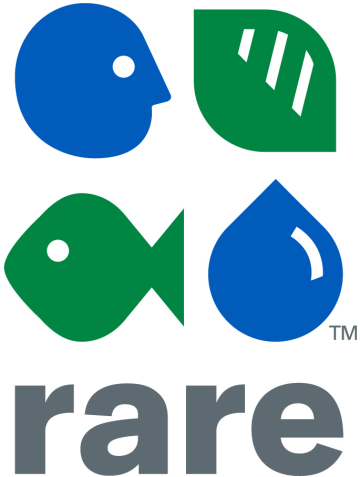
Network of Community -Managed MPAs for Inshore Small-Scale Fisheries in Mozambique
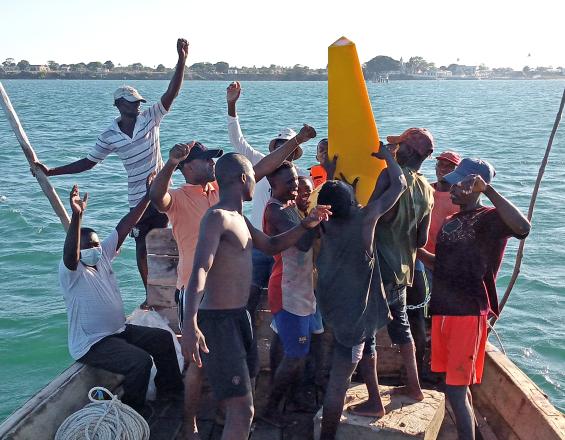
Rare's Fish Forever program empowers coastal communities to sustainably manage the coastal fisheries. In Mozambique, globally significant biodiversity intersects with high dependence on local fisheries for food security, rural livelihoods and climate change adaptation. Rare Mozambique has worked with 6 communities to shape the trajectory of community-based coastal fisheries co-management, and to embed fully protected reserves and community-managed access areas into the national management framework.
Context
Challenges addressed
In Mozambique, globally significant biodiversity intersects with high dependence on local fisheries for food security and rural livelihoods.
Unfortunately, overfishing and destructive fishing techniques have diminished fish catches and degraded ecosystems. National data show fish catch landings and overall catch size are declining, with small-scale fishers reporting that certain species no longer show up in their nets. It is estimated that overall artisanal catch has now declined nearly 30% over the last 25 years. Climate change will likely worsen this issue, as Mozambique’s coasts are vulnerable to cyclones, storm surges, and flooding.
Location
Process
Summary of the process
Together, these building blocks form a constant feedback loop, reinforcing each other. Enabling policy sets the stage for the design and legally sanctioned implementation of CMA+R co-management plans. These, in turn, depend on reliable data for decision making that allows communities and local governments to design effective management plans and adapt to changing conditions. Behavior adoption campaigns are the motor that steers this ship by establishing community support for sustainable fishing, building momentum for action, and engaging local leaders at every step. And as a crucial enabling step, our financial inclusion work attends to the critical economic factors that shape fisheries decision making, and create the conditions in which fishing communities can afford to change behaviors, act on data-based decisions, and take advantage of policy that puts natural resource management in community control.
Building Blocks
Enabling Policy
Enabling policy establishes the conditions that make fisheries co-management legal, designs of "Managed Access" areas with no-take reservers implementable, and data-based management functional.
Enabling factors
This building block requires relationships with government at multiple scales, including national, provincial, and district levels. It also requires relationships with community-based institutions whose input can set policy priorities and whose functionality demonstrates value to decision makers in government. Finally, enabling policy is dependent on a clearly defined policy strategy that identifies key goals, evidence-based solutions, the stakeholders who will be most impacted by policy changes, and those best positioned to advocate and enact change.
Lesson learned
Policy change is slow, and Rare has learned that government processes often work on their own timeframes regardless of project plans. This is true for the development of policy documents, the passage of laws, and the approval of submitted plans and proposals. In all cases, Rare found that steady and regular engagement with government partners was key for sustaining momentum. Likewise, Rare learned the importance of working simultaneously at multiple geographic scales. Enabling national legislation is essential for effective management, but it is insufficient for meaningful implementation. For this, Provincial and District policies are necessary, including the allocation of local budgets, the procedures of implementing agencies, and the active support of local elected officials. Finally, we found that an adaptive approach to policy work is the most effective strategy. Government priorities can shift quickly when elections and appointments bring new decision makers into the conversation, and when circumstances require the government’s immediate attention.
CMA+R networks
Community-Managed Access and Reserve (CMA+R) areas are a spatial fisheries co-management tool in which communities and governments work together to identify locations for restricted fishing. Managed Access areas allow communities to set rules and restrictions on fishing, such as disallowing destructive gear, establishing seasonal fishing bans, or limiting the number of fishers allowed to fish in the area; and they enable communities to participate the surveillance and enforcement of these rules. Reserve areas are no-take zones where fishing communities agree to never fish, thereby protecting critical habitats and allowing fish stocks to recovery. The two types of protected area work together, allowing communities to sustainably fish from CMA areas adjacent to Reserves whose ecological integrity feed the fishery. “Networks” of multiple CMA+R areas across a coastline have the same positive feedback effect over a wider geography.
Enabling factors
CMA+R areas must be legitimized through legal mechanisms that explicitly make this approach enforceable. Functional and formally recognized community management bodies must exist, and they must have institutional capacity to manage fisheries. Finally, both community management bodies and government partners must have access to accurate fisheries data that allows them to make appropriate decisions based on a clear understanding of the number of fishers, the amount of fish being caught, the income fishers are earning, and changes in these trends.
Lesson learned
CMA+R design is a complex process, and must take into account ecological, social, and economic impact of fishing restrictions. Rare has found that using a larval dispersal model helps to determine the most ecologically advantageous areas for CMA+R designation, because larval dispersal shows those habitats where young fish are most likely to recruit, grow, and thereby replenish fisheries stocks. However, only repeated community consultation and extensive household surveys can reveal the social and economic concerns involved in CMA+R design, as well as the local ecological knowledge that larval models may overlook. Robust community participation is absolutely essential to establishing effective boundaries that people can and will support. For this reason, steady and intentional community engagement efforts are crucial to the successful design and implementation of CMA+R.
Behavior Adoption Campaigns
Rare uses social marketing expertise to design behavior adoption campaigns, leveraging social science evidence to encourage sustainable fishing practices, empower local advocates, and build momentum for plans for community-managed fishing areas including no-take marine reserves. These campaigns are tailored to the local context, and can take the shape of celebratory events recognizing the importance of fishers, public messaging through billboards, radio and TV programming, SMS text campaigns, and more.
Enabling factors
Effective behavior adoption campaigns require a strong understanding of the techniques evidenced by social science research to influence a “nudge,” shifting behaviors across a community and building lasting change. Rare has a Behavior and the Environment research center dedicated to understanding the science behind behavior change, and a Knowledge Hub dedicated to training Rare staff in concrete, proven strategies that can be applied to local contexts.
Lesson learned
Adjusting to local contexts is crucial, and therefore important to have on-the-ground implementing staff and partners who build relationships, identify community leaders and advocates, and provide insight into the types of activities and messages likely to resonate with a given community. These strategies must be adaptable. When the COVID-19 pandemic began, many in-person events became impossible to hold. In adjusting to these conditions and shifting restrictions, we were able to identify new strategies that in some cases brought even greater awareness and potential for behavior adoption: virtual gatherings that allowed more people to attend events; socially distanced and outdoors parade events; and the use of SMS texts and radio programs to reach hundreds of thousands of coastal Mozambicans. Finally, we learned important lessons about the importance of local leaders. Rare’s Coastal 500 initiative leverages commitments from mayors and other local officials, positioning them as a driving force in lasting change.
Financial Inclusion
Even with all the other co-management mechanisms in place, fishers cannot adopt sustainable fishing practices if their economic vulnerability simply won’t allow them to. For this reason, Rare supports financial inclusion activities. This includes small-grant support for community enterprises. Some of these provide alternative income sources, like bakeries and hen/egg farming. Other enterprises, like fish processing and refrigeration services, enhance the income of fishing activities while decreasing the amount of waste and loss that drain fishers of income and communities of natural resources.
Rare also works with Savings Clubs, providing financial literacy training and creating a social setting in which those without bank accounts can access community-supported savings and small loans.
Together, these financial inclusion measures increase household income and financial resilience, decreasing fish workers’ vulnerability to economic shocks. This, in turn, supports sustainable fishing by allowing fishers to make decisions based on their long-term interests rather than short-term financial pressures that can drive overfishing.
Enabling factors
Social cohesion is a key factor in financial inclusion. Be it small enterprises collectively run by a group, or Savings Clubs that depend on active membership and collective action, financial inclusion and behavior adoption are predicated on the connections between people. Relatedly, effective financial inclusion implementation can only occur when program staff are engaged with community members to build trust, increase local capacity, and troubleshoot as issues arise.
Lesson learned
One important lesson is that, as in many things, effort is not enough to make financial inclusion successful. Simply providing seed funding for microenterprises, or setting up a Savings Club, will not lead to meaningful and lasting financial change. However, if these beginnings are followed by trainings to build capacity and financial knowledge, and if community groups are empowered to learn from mistakes as they embark on new financial activities, financial inclusion can be truly powerful.
We also learned about the important overlap of financial inclusion and gender equity. Women in coastal Mozambican communities are often subject to economic and physical violence, at times prevented from earning money of their own or deciding how household income should be spent. Because Savings Clubs are majority women, they offer a unique opportunity for women to increase their economic power within households and across communities. This holds exciting opportunities, and we are working now to identify specific, targeted, and evidence-based strategies for bolstering women’s leadership and gender equity in Mozambican fisheries livelihoods.
Impacts
Rare’s intervention has benefitted over 41,000 people directly and over 158,000 people indirectly. Rare has reached communities in 6 districts of Mozambique, including small-scale fishers, fish buyers, savings club participants, and other community members. Impacts include:
- Helping to develop the legal pathway for the implementation of community co-managed fisheries.
- Establishing the country’s first formal area of ocean to be put under community co-managed access with reserves (CMA+R), aiming to cover 582 km2 under sustainable management and 83 km2 under full protection.
- Strengthening the capacity of community fisheries management bodies and fish buyers with skills and equipment for electronic registration of fishers and catches.
- Developing participatory ecosystem-based local fisheries management plans.
- Designing supplemental income initiatives for fishing communities, with nearly 800 community members financially supported to start 11 community enterprises through seed grants.
- Supporting 22 Savings Clubs, comprising 444 members (68% of whom are women) which have collectively saved over $270,000 USD during the life of the project.
Beneficiaries
Rare’s intervention has benefitted over 41,000 people directly and over 158,000 people indirectly. Rare has reached communities in six districts of Mozambique.
Sustainable Development Goals
Story
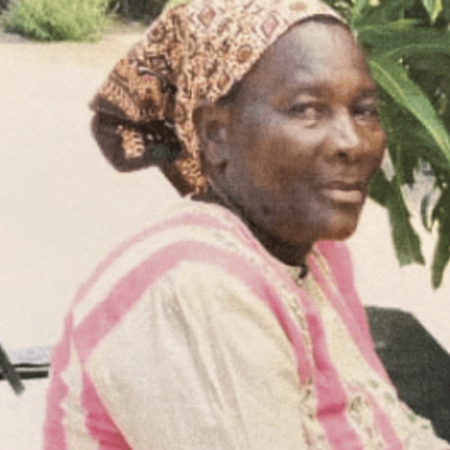
Eulalia Fernando Baptista is a 60-year-old widow and the sole provider for her 8-person household in Inhassoro district. As a fish seller, Mrs. Baptista’s livelihood depend on healthy small-scale fisheries. When she saw how declining fish stocks were exacerbating her own vulnerability, Baptisa took action. She organized the area’s fish traders into associations and encouraged them to get involved in management. She then founded the Fisheries Community Council (CCP) in Fequete, the very community-based management body that Rare works with today.
Rare’s approach is based on the determined action of fishers and fish workers like Eulalia. By enabling co-management, Rare’s behavior change campaigns open a space for community members like Eulalia. Rare also worked with federal agencies to pass the REPMAR regulation, helping to establish community co-management of fisheries. Rare has helped ensure stronger relationships with government, building the capacity of local managers to work with communities and support their active participation.
As a result, the Fequete CCP and local government have together developed a co-management plan that includes proposed boundaries for a Managed Access area that the community will oversee, and a no-take Reserve designed to protect critical habitat and allow fish stocks to recover. Now, with the formal demarcation of Mozambique’s first community co-managed Reserves, Eulalia and her community expect to see their plans approved and implemented soon. Finally, Rare has worked with the Fequete CCP to build livelihood resilience through small business grants and Savings Clubs, both of which help ensure that Eulalia community can withstand economic shocks.
Eulalia has remained an active voice throughout this process, a strong leader whose experience as a fish buyer guides her insights and whose position as a woman in male-dominated management settings sets a path for increased gender equity in Inhassoro’s fisheries. She has been elected Deputy Secretary of the CCP, and has represented the fish traders of her Province to provide input on FAO’s international Guidelines for Securing Sustainable Small-Scale Fisheries. In 2021, Eulalia was awareded a Women’s World Summit Foundation (WWSF) Prize for Women’s Creativity in Rural Life.
